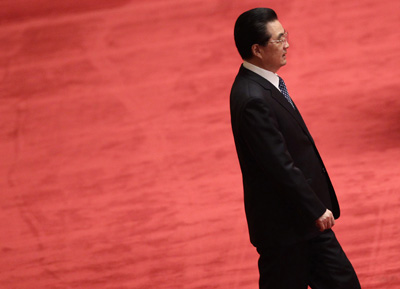CPJ has written to President Obama asking him to raise press freedom issues when Hu Jintao comes to the U.S. next week. China’s practice of restricting and imprisoning reporters domestically has serious implications for the U.S.-China relationship, and a concerning case last month suggests it may be getting worse.
Sun Hongjie, a senior reporter at the Northern Xinjiang Morning Post, died from his injuries on December 28, 2010, 10 days after a group attacked him at a Kuitin construction site, where he had gone to meet a source, according to international news reports.
The fact that it may have been related to his reporting is concerning in itself. But the fact that international news reports say the angle is not being investigated by his employers is perhaps even more so. It suggests they may have been forbidden to make inquiries.
In July 2010, a CPJ report found some physical attacks on the Chinese press attracting censure in the Chinese media, and even from some officials, to positive effect.
But that report established that journalists who criticize the Communist Party, or freelancers without connections, are seldom offered protection. On the contrary, they are often targeted by the state; at least 34 are in jail, as of CPJ’s December 1, 2010, census. And official information controls remain strong enough to censor sensitive stories. Propaganda department regulations control news content and journalists who ignore them frequently face internal sanctions, like suspension, which are difficult to monitor from outside, according to CPJ research.
When journalists are routinely forbidden from reporting on issues of domestic and international importance, from the death of Sun Hongjie to the value of the Chinese yuan against the dollar, the global flow of information suffers, as well as the individual journalists on the ground. That is why Obama must advocate for more freedom for Chinese reporters when he can.
